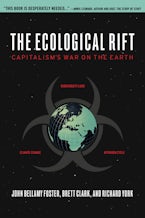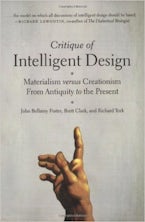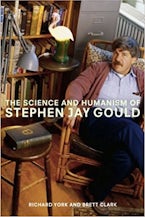How one nation can grow rich at the expense of another is one of the central problems of economics in the era of neo-colonialism. Traditional doctrine, resting on Ricardo’s theory of comparative costs, which has dominated investigation of this issue for a century and a half, has proven itself incapable of providing an answer. Emmanuel’s path-breaking study, now itself a classic, upends the conventional assumptions, subjecting the phenomena of international trade to critical scrutiny, both systematically and with logical rigor. It integrates the theory of international value (and unequal exchange) into the general theory of value as propounded by the classical economists and Marx.
Enmanuel’s theory of unequal exchange generated a widespread world debate on its first appearance, part of which, emanating from French economist Charles Bettelheim, is included in this volume. It has remained the foundation of critical analysis of international exchange relations ever since, and has gained even more importance today in the age of global value chains.





